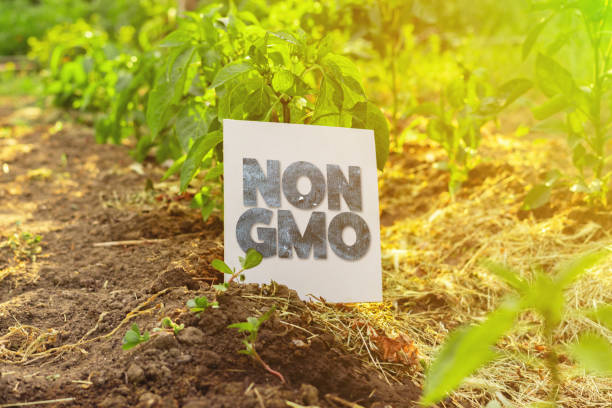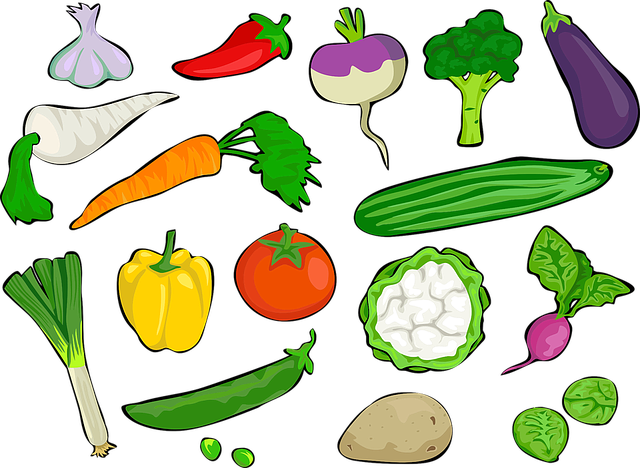Beyond Organic: Embracing Pesticide-Free Farming for a Healthier Future
Pesticides have been wielded against agricultural pests, safeguarding crops and boosting yields for generations. However, their widespread use has come at a hidden cost, impacting the environment, human health, and biodiversity. Today, a new movement is gaining momentum, one that dares to envision a future free from chemical crutches: pesticide-free farming.
A Symphony of Nature: Building a Balanced Ecosystem
Pesticide-free farming isn’t simply about avoiding pesticides; it’s about fostering a holistic approach to agriculture that mimics nature’s intricate dance. This symphony of sustainable practices includes:
Crop diversification
Planting various crops disrupts pest life cycles and creates a refuge for beneficial insects, like ladybugs and hoverflies, who act as natural predators.
Nurturing the soil
Healthy soil teeming with microorganisms is more resilient to pests and diseases. Organic matter like compost and cover crops are incorporated to enrich the soil and promote microbial activity.
Integrated Pest Management (IPM)
This proactive approach uses a toolbox of non-chemical methods like traps, lures, and biological control agents to manage pest populations before they reach damaging levels.
Benefits Beyond the Plate: A Ripple Effect of Wellness

The shift to pesticide-free farming isn’t just about the food on our plates; it’s about weaving a healthier tapestry for our planet and ourselves. Here’s how:
Environmental Protection
Pesticide runoff pollutes waterways, harms aquatic life, and contaminates soil. Pesticide-free farming safeguards ecosystems and promotes biodiversity.
Enhanced Food Safety
By eliminating harmful chemicals, we reduce the risk of pesticide residues on our food, contributing to better health for consumers.
Empowered Farmers
Pesticide-free practices often rely on local knowledge and innovation, empowering farmers to become stewards of their land and communities.

